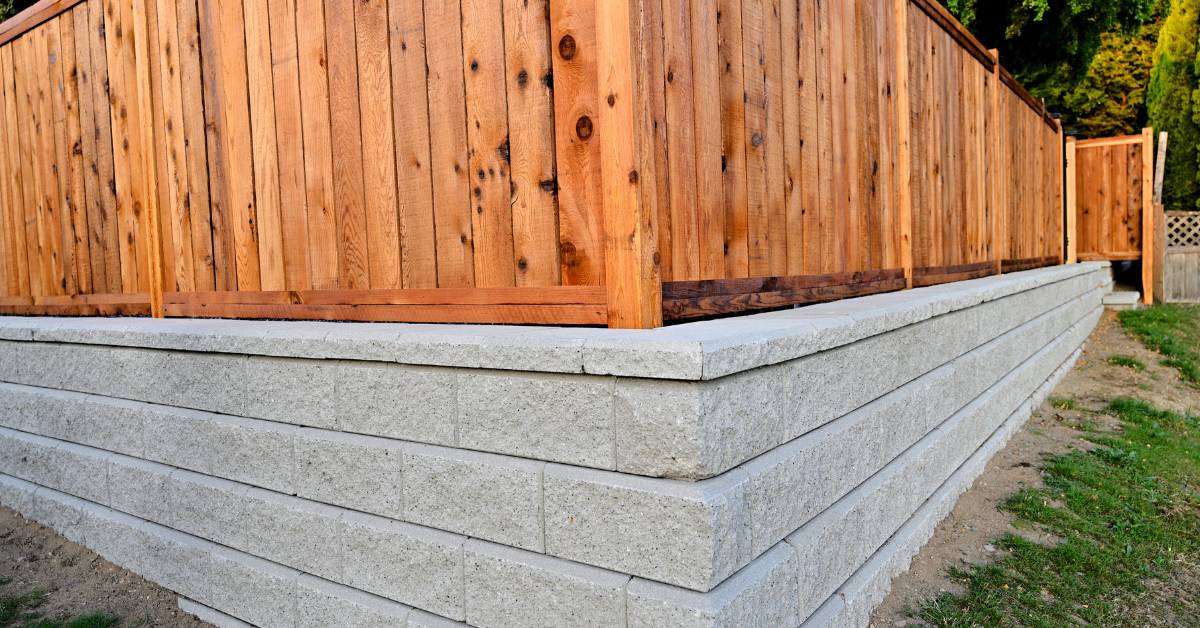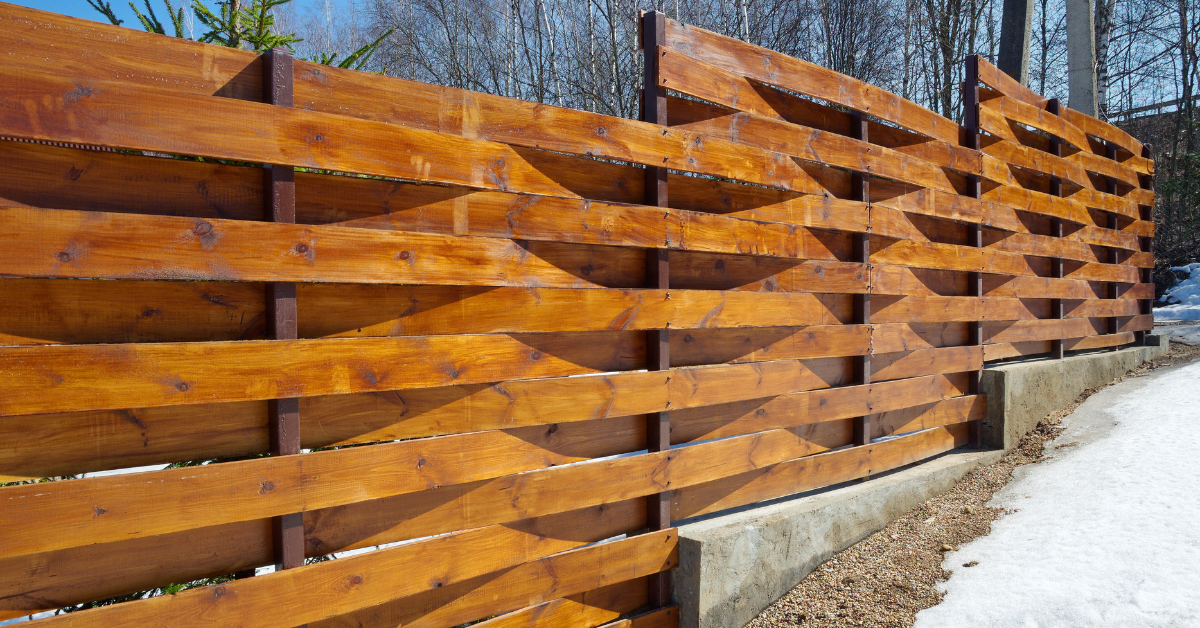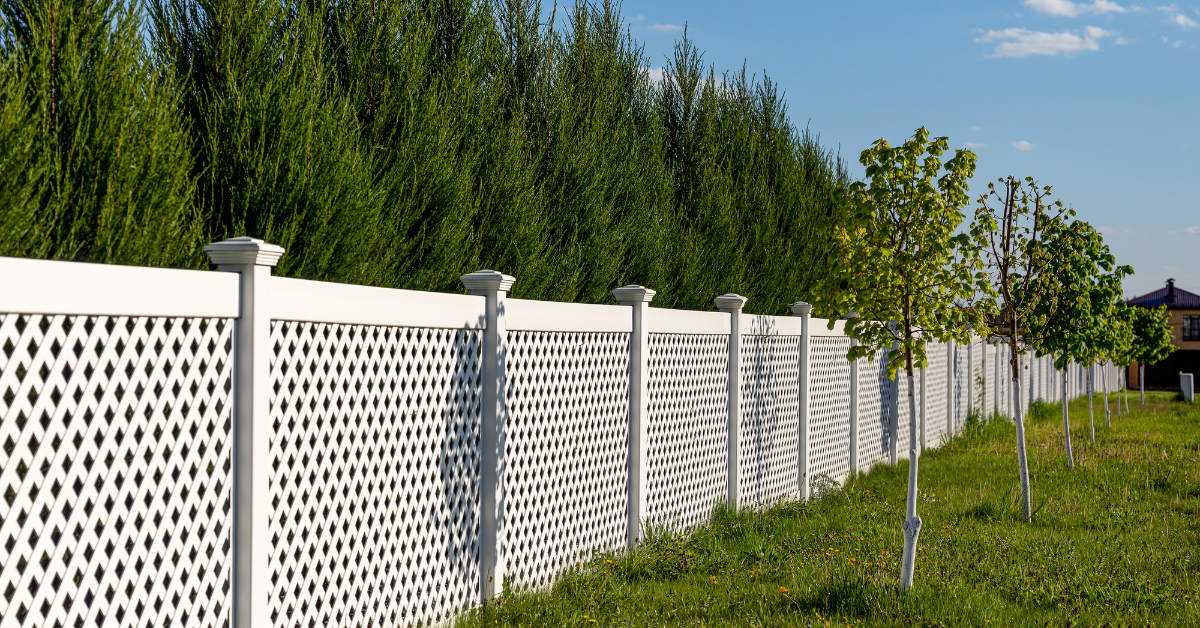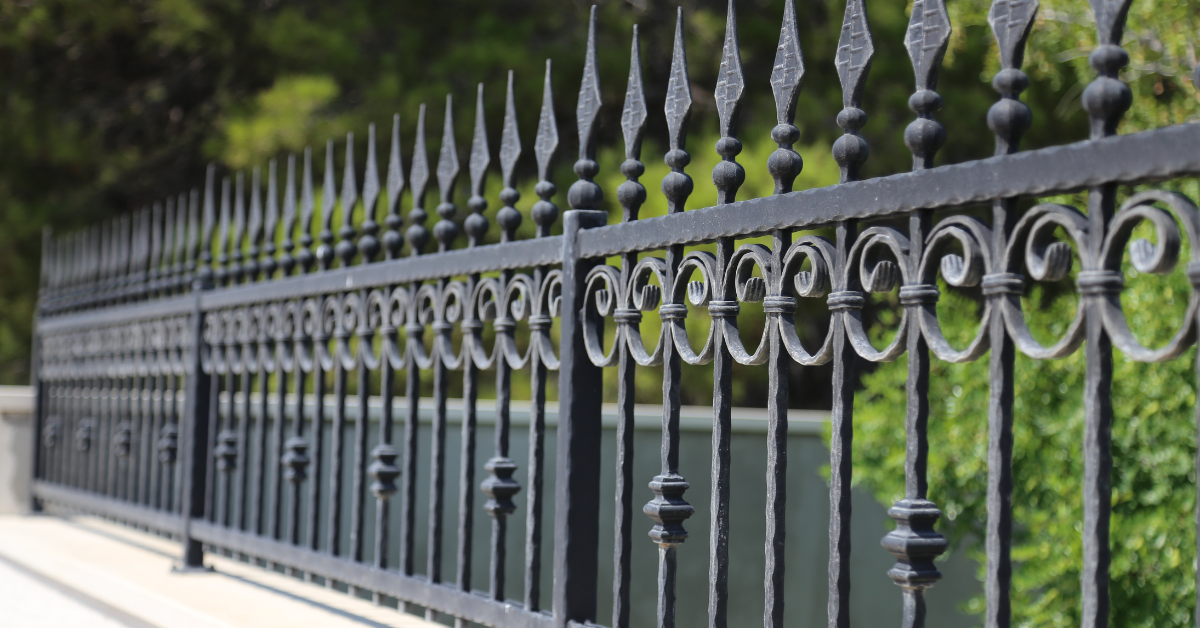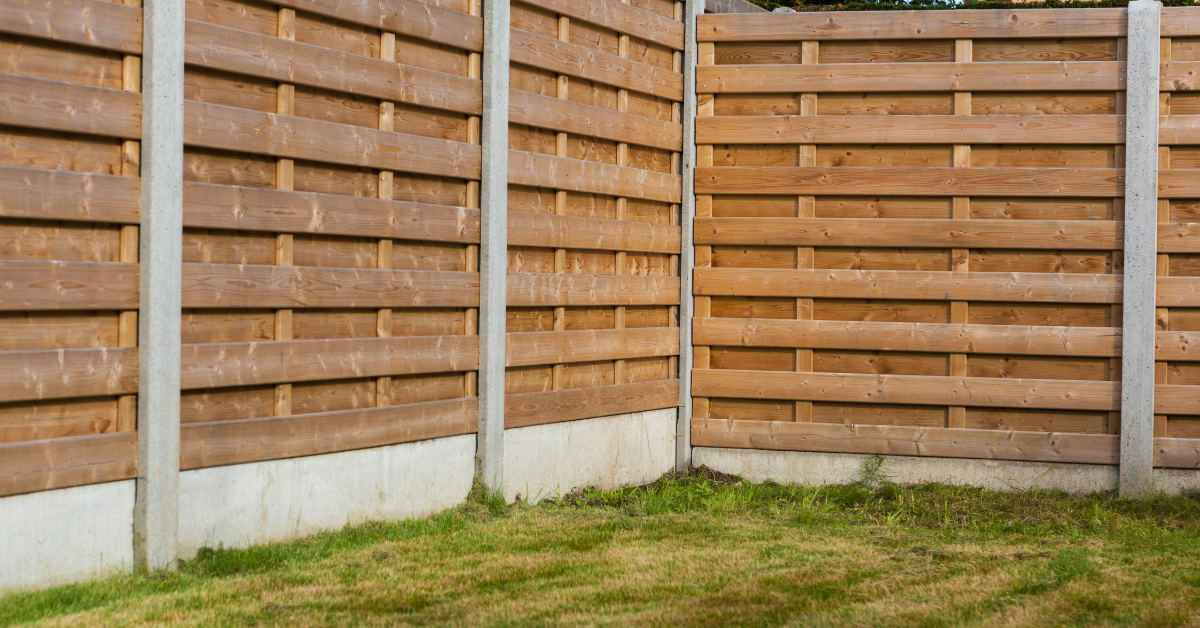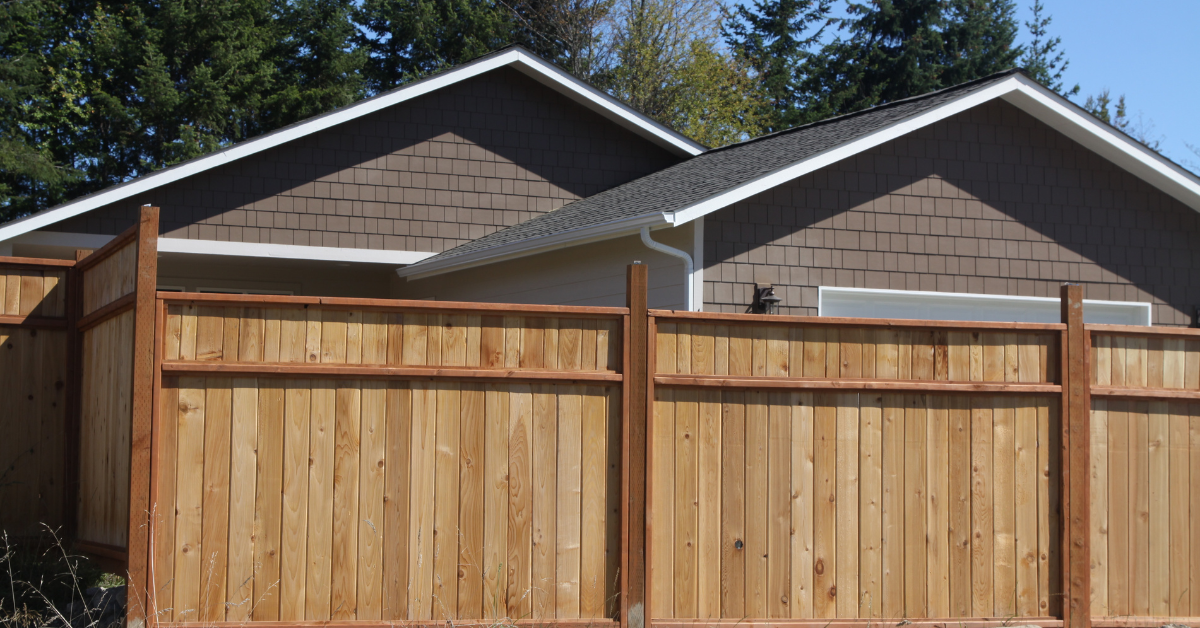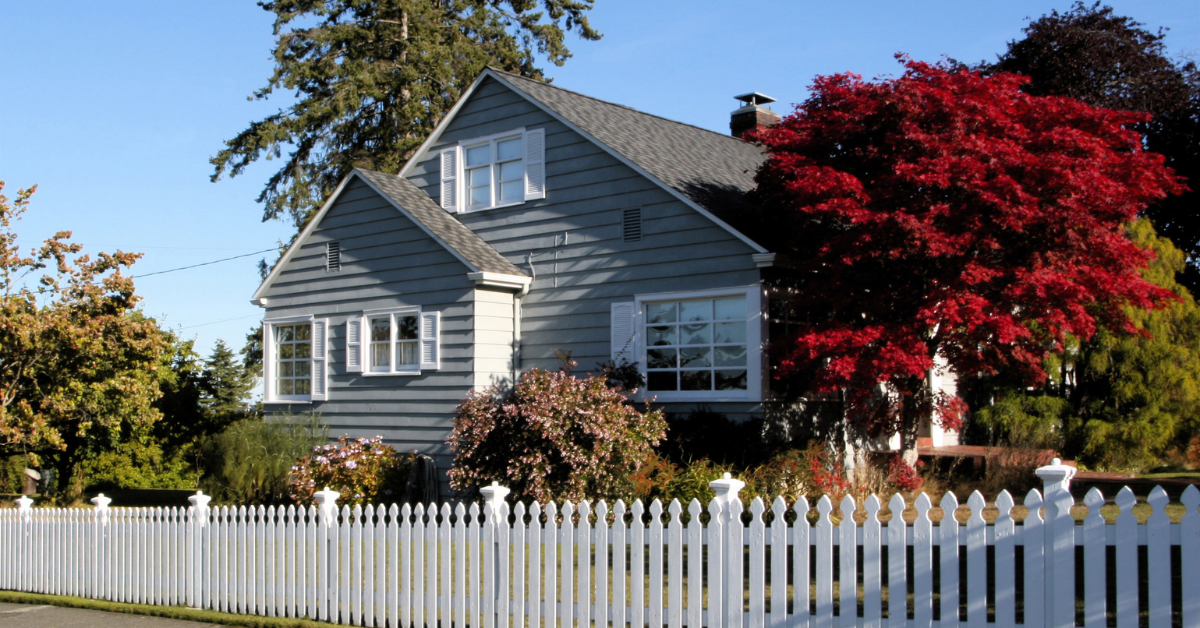What To Expect During A Residential Fence Contractor Installation
Planning a new fence installation for your home is an exciting step toward enhancing privacy, security, and curb appeal. Understanding what to expect during the process can help you prepare and ensure a smooth experience from start to finish. A professional residential fence contractor will guide you through every phase, from selecting the right materials to the final installation.
During the installation, you can expect clear communication, precise measurements, and careful attention to detail. The contractor will handle permits, site preparation, and the actual building with expertise, minimizing disruptions to your daily routine. Knowing the process ahead of time helps set realistic expectations and guarantees a fence that looks great and lasts for years.
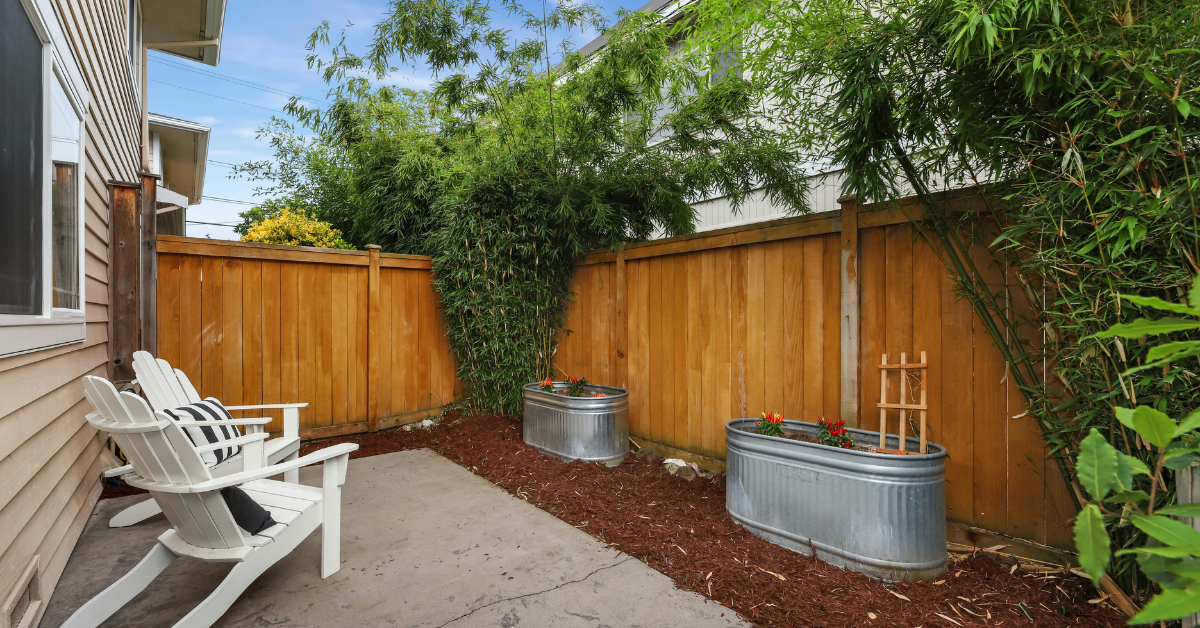
Understanding the Residential Fence Installation Process from Start to Finish
Knowing the steps involved in a residential fence installation helps homeowners feel more confident and prepared. The process typically begins with a thorough consultation where the contractor evaluates your property and discusses your preferences. This initial meeting covers everything from fence style, materials, and budget to the project's timeline. Following this, the contractor will handle essential tasks such as obtaining permits and scheduling the installation to fit your convenience.
Once preparations are set, the team will mark property lines and prepare the ground. The installation phase involves careful measurement, post setting, panel assembly, and finishing touches to ensure durability and aesthetic appeal. Homeowners can expect regular updates and clear communication throughout, making it easier to anticipate what’s next. Understanding these steps promotes a smoother installation experience and a final product that adds value and beauty to your home.
What Homeowners Should Know About Site Preparation for Fence Installation
Before the actual fence goes up, site preparation is a crucial phase that ensures a strong and long-lasting installation. The contractor will assess the landscape to identify obstacles like rocks, roots, or uneven terrain that may require removal or leveling. Clearing the site properly prevents future issues like fence leaning or damage. This phase also includes locating utility lines to avoid costly accidents during digging.
Site preparation sets the stage for precise post placement and fence alignment. Contractors use this opportunity to confirm boundary lines with surveys or markers, preventing disputes with neighbors. Homeowners can expect this step to involve some noise or minor disruptions, but it’s necessary to guarantee the fence is installed safely and accurately. Being aware of this phase allows you to plan accordingly and anticipate any temporary inconveniences.
How Material Selection Impacts Your Fence Installation Experience
Choosing the right material is one of the most important decisions in the fence installation process, as it affects both the fence’s appearance and durability. Common options include wood, vinyl, metal, and composite materials, each offering different benefits and maintenance levels. The contractor will provide expert advice based on your property’s environment, budget, and aesthetic goals to help you select the best fit.
Material choice also influences the installation timeline and techniques. For example, wood fences may require more customization and finishing, while vinyl or metal panels can be quicker to assemble. Understanding how materials affect both cost and installation helps homeowners set realistic expectations. The right choice ensures your new fence complements your home’s style and stands strong against weather and wear for years to come.
The Importance of Clear Communication Throughout Fence Installation
Effective communication between homeowners and the fence contractor is key to a successful installation. From the first consultation to project completion, clear updates help avoid misunderstandings and delays. Homeowners should feel comfortable asking questions about timelines, materials, and any unexpected challenges that may arise during the process.
Contractors typically provide progress reports and confirm any changes before proceeding to the next step. This openness builds trust and ensures the finished fence meets or exceeds expectations. Being proactive in communication allows both parties to address concerns early, preventing costly mistakes. When you know what to expect and stay informed, the installation journey becomes smoother and more satisfying.
What to Expect During the Fence Installation Day
Installation day is the exciting moment when your fencing project moves from planning to reality. The contractor’s team will arrive equipped with all the necessary tools, materials, and equipment to complete the job efficiently. Their first step usually involves reviewing your property lines carefully and assessing site conditions to ensure everything is in order. Following this, they begin digging post holes, setting posts securely with concrete, and gradually assembling fence panels or sections.
While it’s normal to experience some noise and minor disruptions, professional crews work systematically to reduce inconvenience and maintain a clean workspace throughout the day. The time required varies widely depending on fence size, style, and site complexity—it could be as quick as a few hours or span several days. To facilitate a smooth process, homeowners should keep the work area accessible and communicate any last-minute concerns. Being ready for this busy day helps guarantee a stress-free, successful installation.
Navigating Permit Requirements During Residential Fence Installation
Most residential fence installations require permits to comply with local zoning regulations and building codes, making this an essential part of the process. Typically, your fence contractor will handle the permit application on your behalf, which saves you time and prevents any legal complications. Understanding the need for permits helps homeowners appreciate that this step is crucial for ensuring your fence is built to code and avoids future fines or forced removal.
The timeline for permit approval can vary significantly—from a few days to several weeks—depending on your municipality’s procedures. During this period, your contractor may communicate any updates or requirements and might advise on adjustments needed to meet local codes. While this process happens mostly behind the scenes, it is vital to a smooth installation.
How Professional Fence Contractors Ensure Quality and Longevity
The durability and appearance of your fence largely depend on the expertise and workmanship of the contractor you choose. Skilled fence professionals apply industry best practices and use high-quality materials to ensure the fence can withstand weather, wear, and time. Every detail—from digging post holes to the proper concrete setting, secure fastening, and finishing touches—is handled with precision to build a strong, lasting structure.
A reputable contractor follows manufacturer guidelines and local standards to protect your investment and avoid premature repairs. They also select materials suited to your environment and needs, whether it’s wood, vinyl, metal, or composite. Hiring an experienced contractor means you’re not just getting a fence, but peace of mind that it will perform well and enhance your property’s value for many years to come.
Post-Installation Care and What Homeowners Should Know
Once your new fence is installed, proper care is key to maintaining its beauty and functionality. Contractors often provide maintenance advice tailored to the material used—wood fences may require periodic cleaning, staining, or painting to prevent rot and weather damage, while vinyl or metal fences typically need less upkeep. Regular inspections help spot small issues like loose boards or rust before they escalate.
Homeowners should also be mindful of seasonal tasks, such as clearing leaves and debris, checking for storm damage, or trimming nearby vegetation to avoid pressure on the fence. Routine care not only extends your fence’s lifespan but also preserves its curb appeal. Knowing what’s involved after installation empowers you to protect your investment and enjoy your fence’s benefits for many years with minimal hassle.
Conclusion
Knowing what to expect during a residential fence contractor installation makes the entire process smoother and less stressful. From the initial site preparation to choosing the right materials and obtaining necessary permits, each phase is carefully managed to ensure your fence is both beautiful and long-lasting. A professional contractor’s attention to detail and clear communication throughout the project helps avoid surprises and keeps everything on track.
When you’re ready to improve your home’s privacy, security, and curb appeal with a quality fence, Solanos Fence is here to help. Our experienced team provides personalized service and expert craftsmanship to bring your vision to life. Contact us today at +1 (973) 220-7638 or visit our office at 1275 Bloomfield Ave Building 3 Suite 51, Fairfield, NJ 07004 to schedule a consultation and take the first step toward your new fence.
Ready to work with Solanos Fence?
Let's connect! We’re here to help.
Send us a message and we’ll be in touch.
Or give us a call today at 973-220-7638


